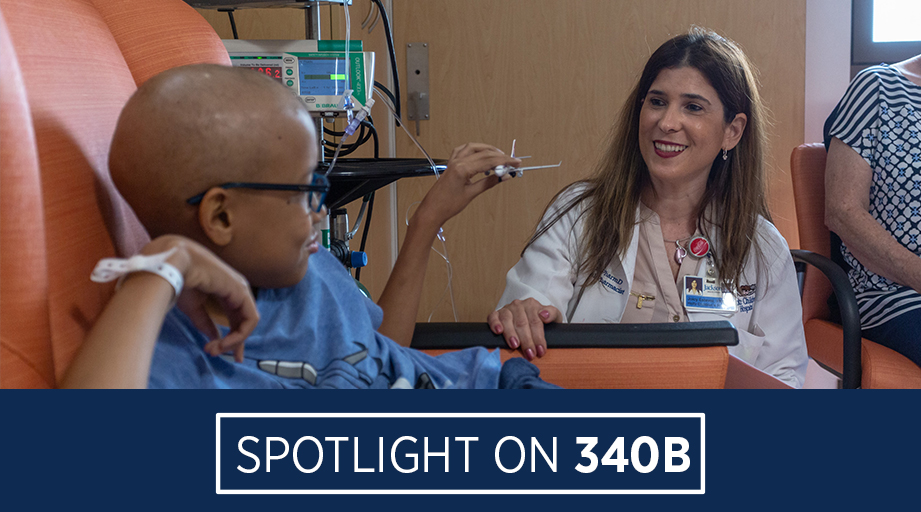
Nevada has joined the growing number of states to implement legislation that protects hospitals and other participants in the 340B Drug Pricing Program against discriminatory practices initiated by pharmacy benefit managers (PBMs).
The legislation, which went into full effect January 1, amends state insurance statutes governing the actions of PBMs. Key provisions in the new law prohibit PBMs from establishing unfavorable reimbursement rates for 340B-covered outpatient drugs or assessing fees or penalties that reduce the reimbursement amount.
The law also ensures that PBMs cannot prohibit contract pharmacies from dispensing 340B-covered drugs or force patients to use a non-340B pharmacy.
The legislation was introduced March 27, 2023, at the urging of the Nevada Primary Care Association, which represents federally qualified health centers (FQHCs) in the state. The association’s advocacy campaign decried actions by PBMs to capture 340B program savings that are intended to support FQHCs and other covered entities.
The Nevada Society of Health-System Pharmacists (NVSHP) quickly moved to support the bill.
Spotlight on 340B
The federal 340B Drug Pricing Program plays a key role in helping safety-net providers reach underserved patients. But drug manufacturers are leading attacks on the program. In this series, ASHP is highlighting how health systems depend on savings from the program for critical programs and services.

“I was very excited to see it, given that we have a lot of disproportionate share hospitals, critical access hospitals, and sole community hospitals across the state that also participate in the 340B program,” said Adam Porath, legislative director for NVSHP and vice president of pharmacy services at Renown Health.
Porath testified to the legislature on behalf of the bill, emphasizing that covered entities use the savings they glean from the 340B program “to literally keep the doors open.” Renown Regional Medical Center, he told the legislators, realized $29 million in discounts from the program to support patients in 2022.
“I think the message that resonated the most is that there are services that covered entities are providing that we would not be able to provide without the benefit of the 340B program,” Porath said in an interview. “Ultimately, this bill was passed unanimously out of both houses.”

Twenty-eight states have enacted laws to rein in PBMs’ discriminatory 340B practices — including six states that passed such laws last year, said Kyle Robb, director of state policy advocacy for ASHP.
“My crystal ball prediction is that this year, we will add at least five additional states to the 28 states that had laws on the books when 2024 began,” Robb said.
Most laws, including the one in Nevada, generally accord with ASHP’s model state legislation on the prevention of discriminatory acts by PBMs.
Robb said ASHP developed the model legislation to raise awareness of nondiscrimination language that’s been successful in statehouses and that “clearly reflects the true intent” of the federal 340B program. He called the model legislation a “first draft” that can help states craft language that fits their needs.
Porath said the primary care association that launched the advocacy effort in Nevada didn’t use ASHP’s model legislation. But he said model legislation remains “a great starting point when you start the discussion with legislators in your own state.”
He also noted that passing the 340B nondiscrimination law didn’t completely solve Nevada’s problems with PBMs.
“Some payers are playing ball, and others are basically taking the tack that they are not headquartered in the state of Nevada, therefore this policy does not apply to them,” he said.
In response, Porath said, Renown Health has opted not to contract with one of the recalcitrant PBMs.
“Given the fact that they are choosing to just not comply with the law, then that doesn’t leave us with a lot of choice,” he said.







